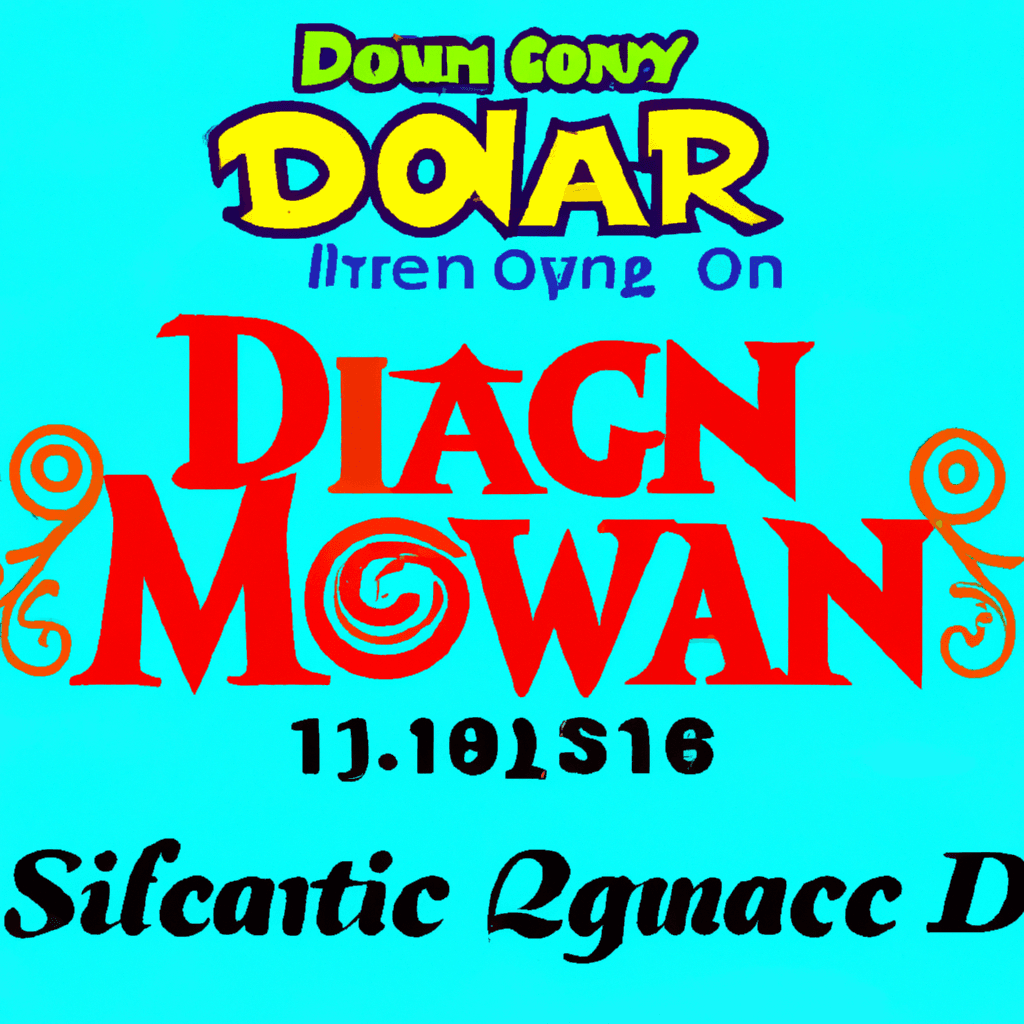Disney's Moana Lawsuit: What You Need to Know
Exploring the Controversy Behind Disney's Animated Hit

Disney's Moana Lawsuit: What You Need to Know
The animated film Moana, released by Disney in 2016, has been a favorite among audiences of all ages, celebrated for its stunning visuals, catchy songs, and a beautiful portrayal of Polynesian culture. However, behind its cinematic brilliance lies a complex legal controversy that has sparked discussions across the globe.
The Background of the Lawsuit
The lawsuit regarding Moana primarily focuses on allegations from various individuals and entities claiming that Disney appropriated elements from their work without permission. These claims include accusations of copyright infringement that center around the characters, story elements, and cultural representations depicted in the film.
Who's Involved?
The primary parties in the lawsuit include the Walt Disney Company and several plaintiffs who argue that their original stories and cultural narratives were taken as inspiration for the film. These allegations challenge the boundaries of creativity and cultural representation in the entertainment industry.
Key Arguments
Proponents of the lawsuit argue that Disney has a history of appropriating cultural narratives without giving proper credit to the communities from which these stories originate. They assert that this practice can lead to misrepresentation and commercialization of cultural identities, diminishing their significance and authenticity.
Disney's Stance
Disney has maintained that Moana was created with careful attention to cultural accuracy and respect. The studio coordinated with cultural experts from Polynesian backgrounds and invested in research to authentically portray the traditions and values of the communities represented in the film. Disney argues that their approach was not only respectful but also aimed at bringing awareness to the richness of Polynesian culture.
The Cultural Impact
This lawsuit has reignited discussions about cultural appropriation versus appreciation in the realm of art and storytelling. Supporters of the film point out that Moana has dedicated specific efforts to bring forth rich cultural narratives to a global audience, while critics argue that even with these efforts, larger corporations like Disney must ensure that they engage with cultural stories ethically and transparently.
Conclusion
The outcome of the Moana lawsuit remains to be seen, but it serves as a crucial reminder of the responsibilities held by creators when bringing cultural stories to life. As audiences, we must continue to engage in conversations about representation, ownership, and respect in storytelling. The discussions triggered by this lawsuit demonstrate the power of art to evoke change, a dialogue that is ongoing in today’s diverse cultural landscape.